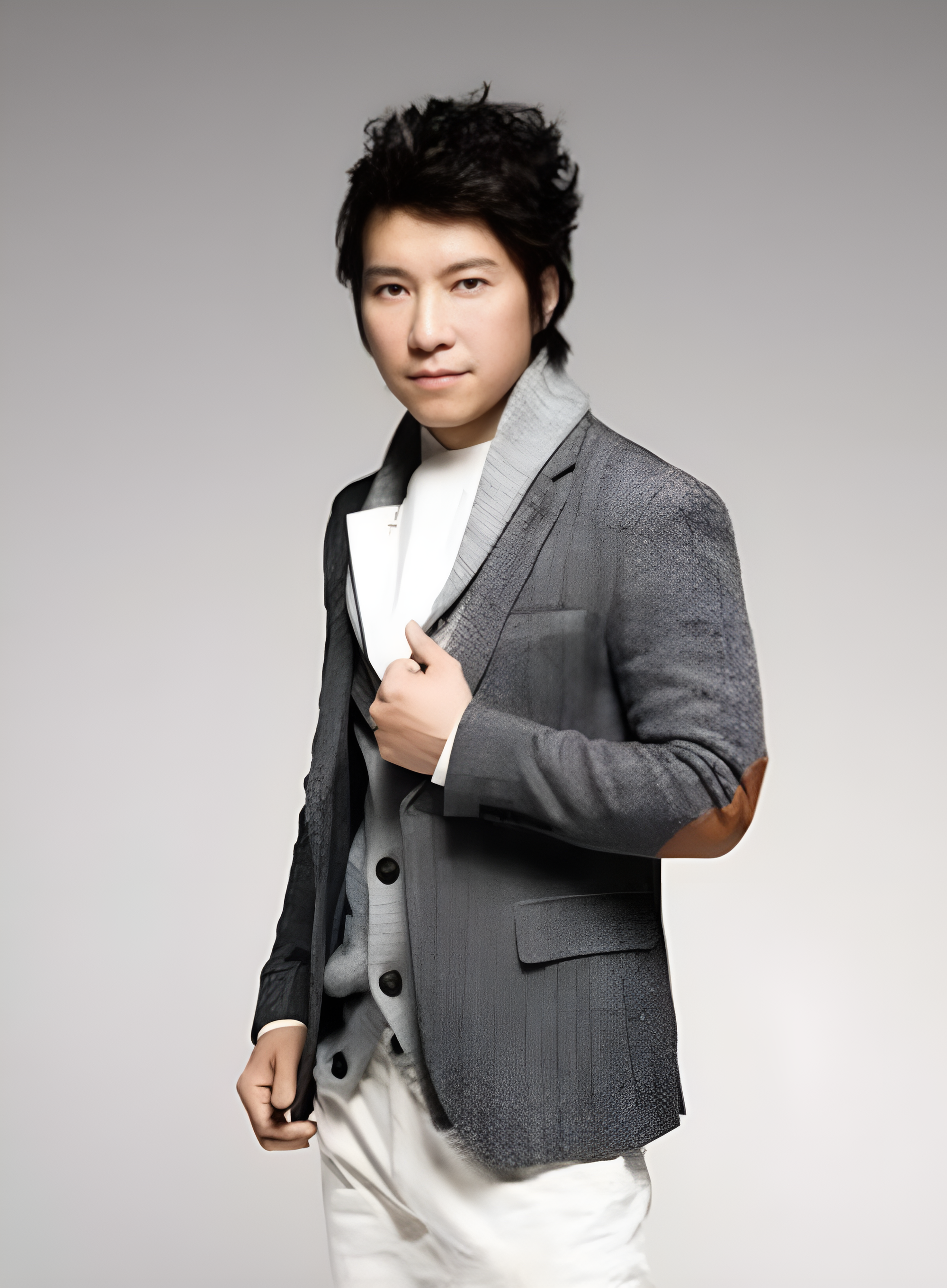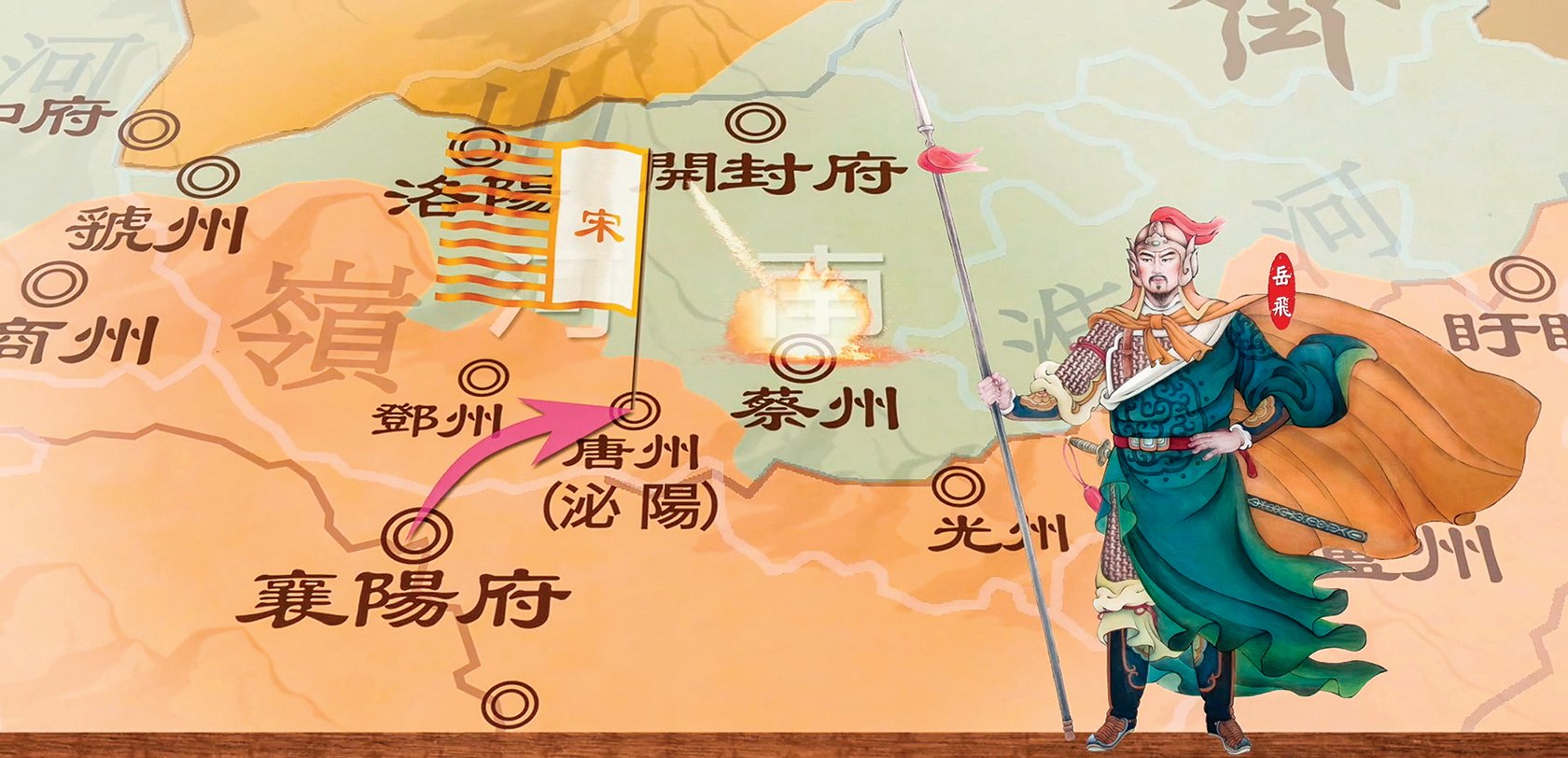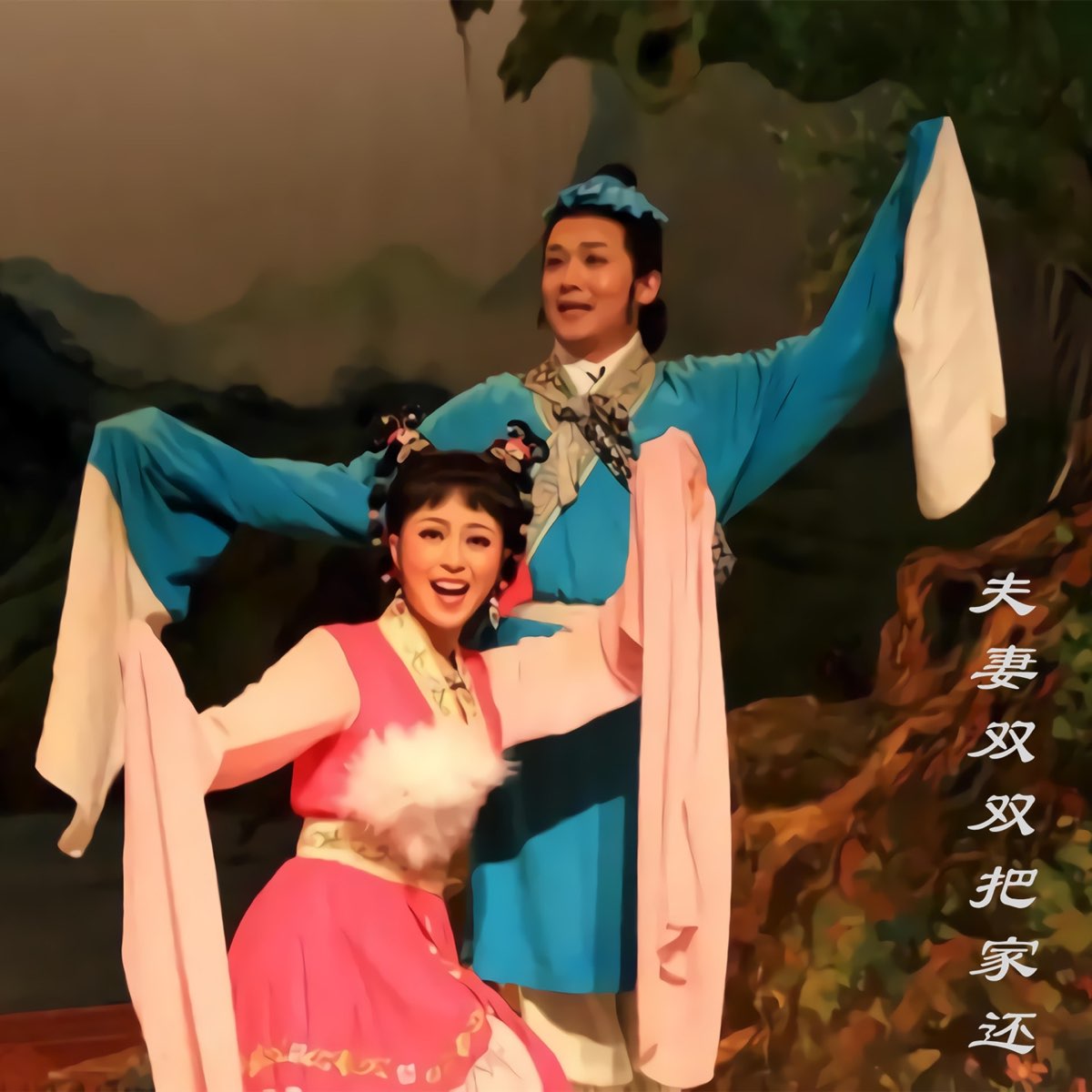
为什么 你当时对我好
又为什么 现在变得冷淡了
我知道 爱要走难阻挠
反正不是我的 我也不该要
你和我 曾经有共同爱好
谁的耳边 总有绝句在萦绕
我们俩 用文言文对话真的很搞笑
还笑那曹操贪慕着小乔
天灰了 雨坠了
视线要模糊了
此时感觉到你的重要
爱走了 心走了
你说你要走了
我为你唱最后的古谣
红雨瓢泼泛起了回忆怎么潜
你美目如当年 流转我心间
渡口边最后一面洒下了句点
与你若只如初见 何须感伤离别
你和我 曾经有共同爱好
谁的耳边 总有绝句在萦绕
我们俩 用文言文对话真的很搞笑
还笑那曹操贪慕着小乔
天灰了 雨坠了
视线要模糊了
此时感觉到你的重要
爱走了 心走了
你说你要走了
我为你唱最后的古谣
红雨瓢泼泛起了回忆怎么潜
你美目如当年 流转我心间
渡口边最后一面洒下了句点
与你若只如初见 何须感伤离别
红雨瓢泼泛起了回忆怎么潜
你美目如当年 流转我心间
渡口边最后一面洒下了句点
与你若只如初见 何须感伤离别
红雨瓢泼泛起了回忆怎么潜
你美目如当年 流转我心间
渡口边最后一面洒下了句点
与你若只如初见 何须感伤离别

温从水从昷,昷,送食于囚,适度增加。本意为:适度增加水温,暖水。引申为:适中的温度。古昷、温同。
良从富从亡,亡为隐藏、看不到。本意为:隐藏着的家室充盈,才能充分之意。若“发虑宪求善良”,求的不是我们现在概念的“善良”之人,而是有治国之才与执事之能的善人与良人。
恭《尔雅》:恭,敬也。按:先秦时期恭、敬就是现今礼节、礼貌的概念。恭受礼所节制,以现今的概念就是礼也得按规定而行,不足不恭,恭过则谄。
俭从人从佥。佥为两边、两面。本意为:前后一致。凡从佥的字皆有佥之两面之意。若剑即为两面一致的刀;捡即为以手提起使其两面可见;检即为查木之内外等。
让从言从襄。襄为埋种扣合使二为一,增实于其内也。因此谥法云:辟地有德曰襄。本意为:相责以推贤。《说文》:相责,让也。《国语·晋语》让,推贤也。
温良恭俭让:处事得当、才能卓著、遵纪守礼、表里如一、学识丰富于国有利。
民逐利,以利驱之,君亦人也,闻政以利国而求之,夫子之求之也,其诸异乎人之求之与。
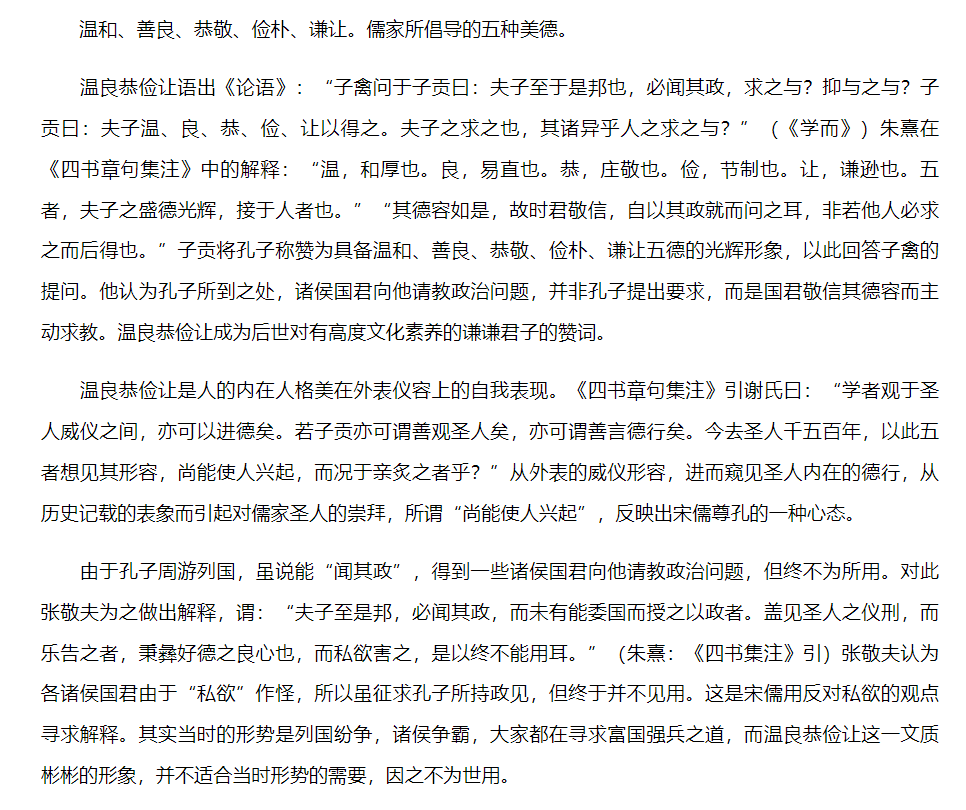
(Quelle:www.chinakongzi.org)
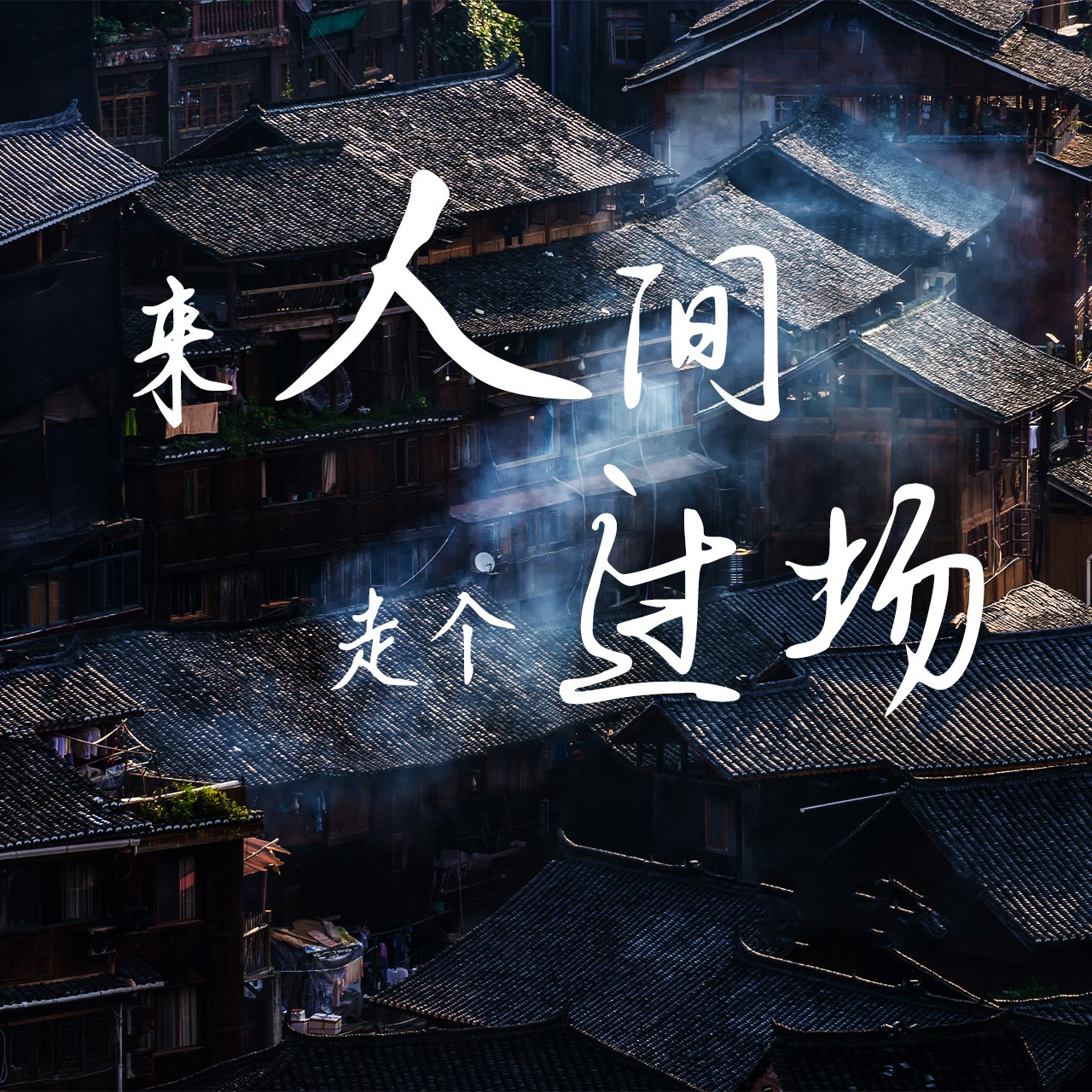
青春如风吹过身旁
转眼容颜渐渐沧桑
为爱疯过为梦也曾轻狂
怀念那时的模样
功名利禄忽下忽上
虚无的像云在飘荡
经历多了喜欢望着月亮
举杯敬那些过往
谁还不是来人间走个过场
不管你背着什么行囊
都要经历一样的寒来暑往
酸甜苦辣也都要品尝
谁还不是来人间走个过场
不论平凡或光芒万丈
在这没有返程列车的路上
每段风景都值得欣赏
功名利禄忽下忽上
虚无的像云在飘荡
经历多了喜欢望着月亮
举杯敬那些过往
谁还不是来人间走个过场
不管你背着什么行囊
都要经历一样的寒来暑往
酸甜苦辣也都要品尝
谁还不是来人间走个过场
不论平凡或光芒万丈
在这没有返程列车的路上
每段风景都值得欣赏

不要问 不要说
一切尽在不言中
这一刻 偎着烛光
让我们静静地度过
莫挥手 莫回头
当我唱起这首歌
怕只怕 泪水轻轻地滑落
愿心中 永远留着我的笑容
伴你走过每一个春夏秋冬
几许愁 几许忧
人生难免苦与痛
失去过
才能真正懂得去珍惜和拥有
情难舍 人难留
今朝一别各西东
冷和热 点点滴滴在心头
愿心中 永远留着我的笑容
伴你走过每一个春夏秋冬
伤离别 离别虽然在眼前
说再见 再见不会太遥远
若有缘 有缘就能期待明天
你和我重逢在灿烂的季节
伤离别 离别虽然在眼前
说再见 再见不会太遥远
若有缘 有缘就能期待明天
你和我重逢在灿烂的季节
若有缘 有缘就能期待明天
你和我重逢在灿烂的季节
不要问 不要说
一切尽在不言中
这一刻 偎着烛光
让我们静静地度过
莫挥手 莫回头
当我唱起这首歌
愿心中留着笑容
陪你度过每个春夏秋冬
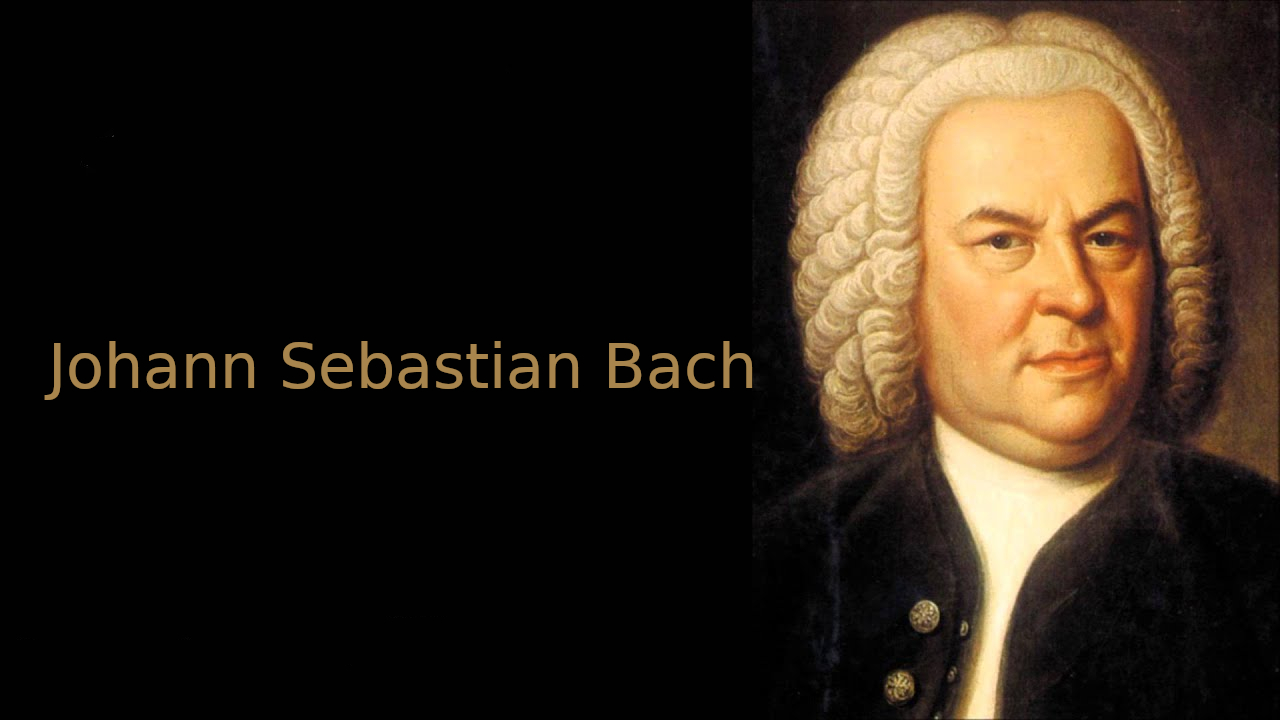
0:00 Brandenburg Concerto #3 In G, BWV 1048 - 1. Allegro Moderato
5:36 Orchestral Suite #3 In D, BWV 1068 - 2. Air, "On The G String"
10:06 Orchestral Suite #2 In B Minor, BWV 1067 - Menuet & Badinerie
13:04 Sinfonia In G, BWV 1059R - 2. Adagio
16:11 Brandenburg Concerto #4 In G, BWV 1049 - 3. Presto
21:18 Concerto For Harpsichord & Strings In F Minor, BWV 1056 - 2. Largo
24:42 The Art Of The Fugue BWV 1080: Contrapunctus 9
27:48 Musikalisches Opfer, BWV 1079 - Fuga Canonica In Epidiapente
30:37 Toccata In D Minor, BWV 565
33:26 Violin Concerto In E, BWV 1042 - 1. Allegro
40:58 Minuet In D Minor, BWV Anhang 132
42:14 Orchestral Suite #4 In D, BWV 1069 - Rejouissance
44:54 Christmas Oratorio - Sinfonia
50:32 Mass In B Minor BWV 232: Gloria In Excelsis Deo - Et In Terra Pax
56:15 St.Matthew Passion, BWV 244 - Choral: O Haupt Voll Blut Und Wunden
59:27 St. John Passion BWV 245: Final Chorus - Rubet Wohl, Ihr Heiligen Gebeine
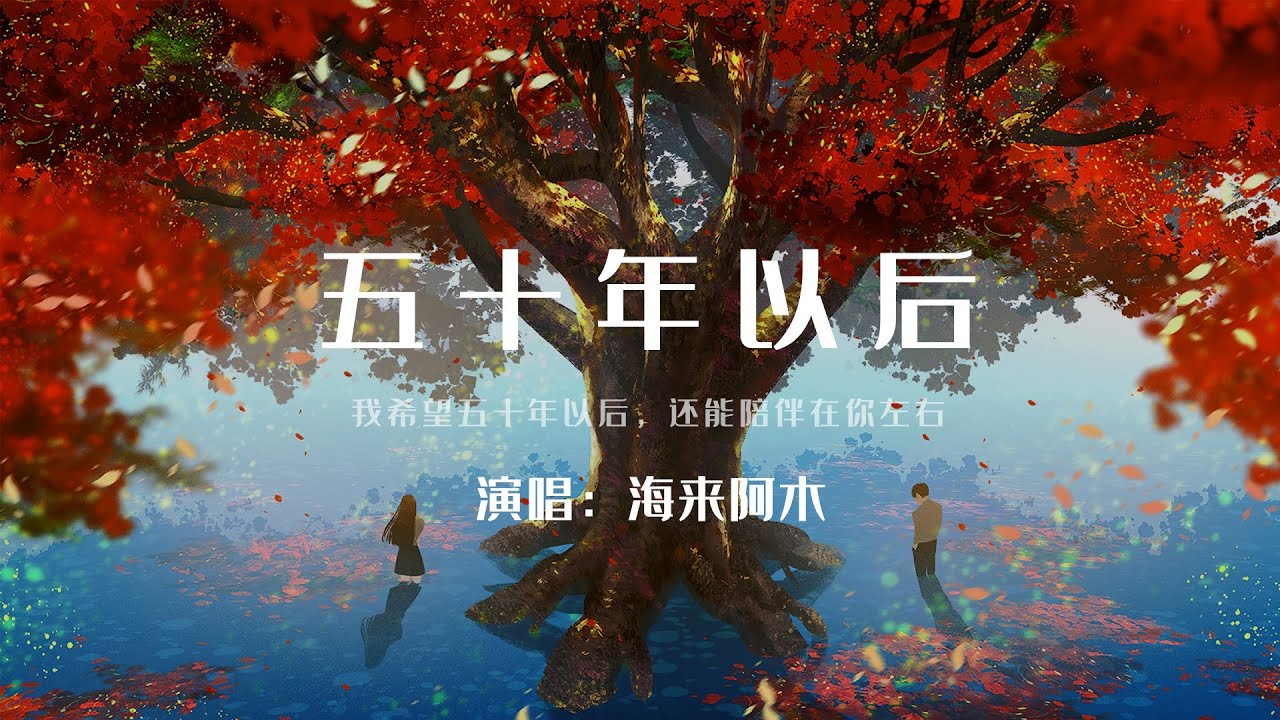
此生最好的运气
就是遇见了你
刚好你也爱我
我也爱着你
在这个尴尬年纪
我不再是一个人
多幸运能和你在一起
此生最大的欢喜
就是等到了你
是你带我走出
那片沼泽地
从我们交换信物
深情相望那刻起
我的余生就是你
我希望五十年以后
你还能在我左右
和你坐在摇椅里
感受那夕阳的温柔
听微风轻轻地吹
听河水慢慢地流
再聊聊从前日子
刚谈恋爱的时候
我希望五十年以后
你还能在我左右
那时都已白了头
还想听你叫我丫头
轻轻牵着你的手
静静靠在你胸口
这个画面是不是就叫做长相厮守
此生最大的欢喜
就是等到了你
是你带我走出
那片沼泽地
从我们交换信物
深情相望那刻起
我的余生就是你
我希望五十年以后
你还能在我左右
和你坐在摇椅里
感受那夕阳的温柔
听微风轻轻地吹
听河水慢慢地流
再聊聊从前日子
刚谈恋爱的时候
我希望五十年以后
你还能在我左右
那时都已白了头
还想听你叫我丫头
轻轻牵着你的手
静静靠在你胸口
这个画面是不是就叫做长相厮守
我希望五十年以后
你还能在我左右
那时都已白了头
还想听你叫我丫头
轻轻牵着你的手
静静靠在你胸口
这个画面是不是就叫做长相厮守

远处蔚蓝天空下
涌动着金色的麦浪
就在那里曾是你和我
爱过的地方
当微风带着收获的味道
吹向我脸庞
想起你轻柔的话语
曾打湿我眼眶
嗯...啦...嗯...啦...
我们曾在田野里歌唱
在冬季盼望
却没能等到阳光下
这秋天的景象
就让曾经的誓言飞舞吧
随西风飘荡
就像你柔软的长发
曾芬芳我梦乡
嗯...啦...嗯...啦...
远处蔚蓝天空下
涌动着金色的麦浪
就在那里曾是你和我
爱过的地方
当微风带着收获的味道
吹向我脸庞
想起你轻柔的话语
曾打湿我眼眶
嗯...啦...嗯...啦...
我们曾在田野里歌唱
在冬季盼望
却没能等到阳光下
这秋天的景象
就让失散的誓言飞舞吧
随西风飘荡
就像你柔软的长发
曾芬芳我梦乡
嗯...啦...嗯...啦...

Dominio de Pingus is a Spanish winery located in Quintanilla de Onésimo in Valladolid province with vineyards in La Horra area of the Ribera del Duero region. The estate's flagship wine, Pingus, is considered a "cult wine", sold at extremely high prices while remaining very inaccessible,[1][2] and commands an average price of $811 per bottle.[3]
The winery also produces a second wine, Flor de Pingus, and a special cuvée, Ribera del Duero "Amelia". Recently, Dominio de Pingus has founded a joint project with local grape producers to make an old vine tempranillo called "PSI".
Dominio de Pingus was established in 1995 by Danish oenologist Peter Sisseck, also manager of the Pesquera de Duero estate Hacienda Monasterio.[4] On the estate's winemaking philosophies, Sisseck has stated, "The vines in my plots are very old. They have never been fertilised nor treated with pesticides and all grow following the traditional en vaso system. They are perfect."[4]
About the first 1995 vintage of Pingus, Robert Parker declared, "One of the greatest and most exciting wines I have ever tasted".[5] With a very limited first vintage production, only 325 cases were made with prices initially set at US$200 per bottle, it became yet more scarce when in November 1997 the ship transporting a U.S. bound shipment of 75 cases disappeared somewhere off the Azores in the North Atlantic Ocean.[6] The shipwreck resulted in a dramatic reaction in the US market, with prices soon rising to $495 per bottle.[5][6]
At the Ronda WineCreator conference of April 2008, Sisseck was angered by suggestions by Decanter editor Guy Woodward that some winemakers make wines to suit the palates of certain critics. In response he called Woodward's remarks arrogant for implying winemakers do not have their own opinions, adding, "I don't even think it is possible to do this."[7]
In 2007 it was announced that the Spanish government had approved plans to expand highway roads through the vineyards of Dominio de Pingus and other wineries, which was met with strong opposition by Sisseck who called it a "vengeful measure".[8]
Planted with very old vines of Tinto Fino, i.e. Tempranillo, the vineyards are 2.5 hectares (6.2 acres) in Barrosso with vines exceeding 65 years and 1.5 hectares (3.7 acres) in San Cristobal with vines older than 70 years, and the unusually low average yield of 12 hL per hectare. Since 2000, the viticulture has been biodynamic. Of the annual production of Pingus there is typically less than 500 cases, though in poor vintages no Pingus is made.
The production of the second wine Flor de Pingus, also 100% Tempranillo, is made with fruit from rented vineyards in the La Horra zone, with vines older than 35 years. Since the 2005 vintage, the viticulture has been biodynamic. The annual production is on average 4,000 cases.
Additionally there has been the single barrel cuvée, Ribera del Duero "Amelia", made from a vineyard parcel of 100+ year old vines with an average yield of 10 hL per hectare, with biodynamic viticulture since its initial 2003 vintage. The 2005 vintage had a production of 25 cases.
"PSI" is a joint project based on fruit produced by local grape growers from old tempranillo vines. The goal is to help grape producers and save old vines. Project was founded in 2006, first vintage was 2007. Grape growers are encouraged to employ biodynamic or organic vineyard management practices. The wine is made by Peter Sisseck and Pablo Rubio and sold under producer name Bodegas y Viñedos Alnardo. Vinification takes place in large concrete vats and aging in concrete and wooden tanks and oak barrels. Production of PSI 2009 was 9,600 cases, PSI 2010 was 16,600 cases.




